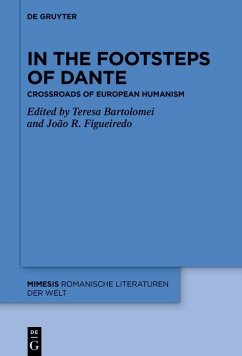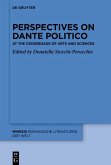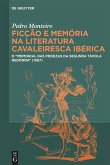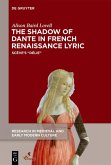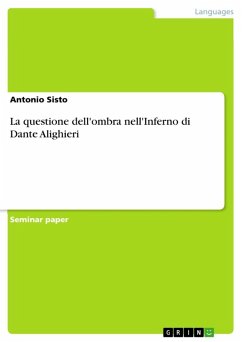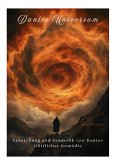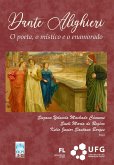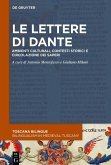This dynamic of self-transcendence in Dante's humanism (Ossola), which claims for European civilisation a vocation for universalism (Ferroni), is analysed in the volume at three crucial moments: Firstly, the establishment of an emancipatory relationship between author and reader (Ascoli), in which authorship is authority and not power; secondly, the conception of vision as a learning process and horizon of eschatological overcoming (Mendonça); finally, the relationship with the past, which is never purely monumental, but ethically and intertextually dynamic, in an original rewriting of the original scriptural, medieval, and classical culture (Nasti, Bolzoni, Bartolomei).
A second group of contributions is dedicated to the reconstruction of Dante's presence in Portuguese literature (Almeida, Espírito Santo, Figueiredo, Marnoto, Vaz de Carvalho): they attest to the innovative impact of Dante's work even in literary traditions more distant from it.
Dieser Download kann aus rechtlichen Gründen nur mit Rechnungsadresse in A, B, BG, CY, CZ, D, DK, EW, E, FIN, F, GR, HR, H, IRL, I, LT, L, LR, M, NL, PL, P, R, S, SLO, SK ausgeliefert werden.

